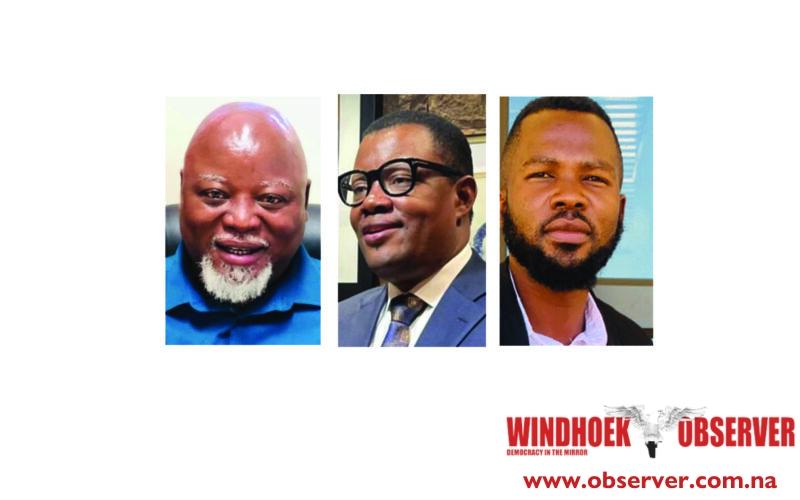Allexer Namundjembo
The recent appointment of ambassadors by President Netumbo Nandi-Ndaitwah has sparked debate about tribalism, inclusivity, and merit in public service.
While the presidency’s claim that the move aims to strengthen Namibia’s diplomatic presence, critics argue that the appointments perpetuate old figures and lack ethnic balance.
Popular Democratic Movement (PDM) leader and member of parliament McHenry Venaani said he plans to re-table a motion on tribalism.
“After my return from New York I will table a reflection on our nation’s status,” Venaani said on Sunday.
He criticised the recycling of ambassadors, describing it as uncalled for.
“We can’t recycle old ambassadors who have nothing to prove as to why they are returned. Appointments must address output and economic benefits,” he said.
Venaani argued that some appointments were based on loyalty rather than merit.
“Talent and ability have been left wanting, as many capable Namibians are left out, and she chose her friends and allies as opposed to merit and new global dynamics. People like Ebba Kalondo, Ivonne Dausab, Dr Hengari, Muinjangue and many others could elevate our nation to another level,” he said.
Venaani described the appointment of Monica Nashandi as ambassador to Russia as “fitting” due to the geopolitical weight of the post but said the overall line-up lacked inclusivity.
“Her appointments are tribal and cannot be left unchallenged. I have stated that it’s time for this country to start allocating quotas to tribes and regions rather than fooling each other. Seven out of ten are northerners, and it’s unacceptable,” he added.
He also called on citizens to “tone down tribalism”, saying one expressed it socially and the other through governance.
“We must look at all these realities in the face and build one nation beyond our perceived views or practices,” Venaani said.
Political analyst Sackaria Johannes said the appointments were political and not reflective of national diversity.
“I would say the appointments are dominated entirely by the Aawambo-speaking people, and tribal diversity is not there,” he said.
While Oshiwambo speakers are the majority, Johannes questioned why other tribes were excluded.
Another analyst, Ndumba Kamwanyah, criticised the appointments for lacking inclusivity.
“Now I understand the concept of ethnic nationalism. The appointment of new ambassadors clearly is not in line with diversity management,” he posted on Facebook.
Speaking to the Windhoek Observer, Kamwanyah added that while the diplomats bring experience, they fall short on ethnic and age diversity.
“Most of those appointed are from one ethnic group and are of advanced age. Is the president struggling to spot fresh talent and new faces? Are these roles now reserved for old, retired comrades? To me, the selection feels like old wine in a new bottle, not business as usual,” he said.
Nandi-Ndaitwah’s retained appointments include Tonata Emvula to China, Monica Nashandi to Russia, Wilbard Elago to the United States of America, Sophia Nangula to Sweden, Benjamin Kandanga to Finland, and Sakeus Shanghala to the Democratic Republic of Congo, among others.




